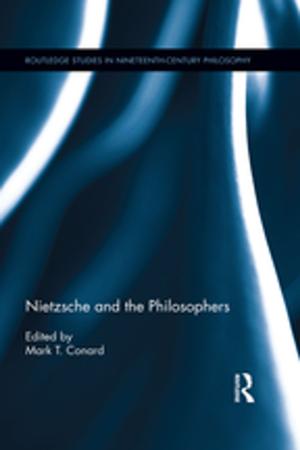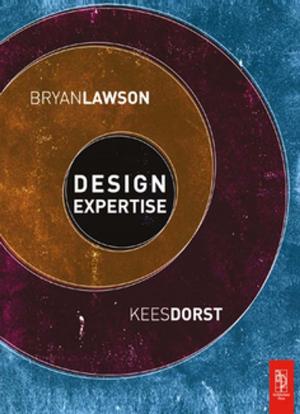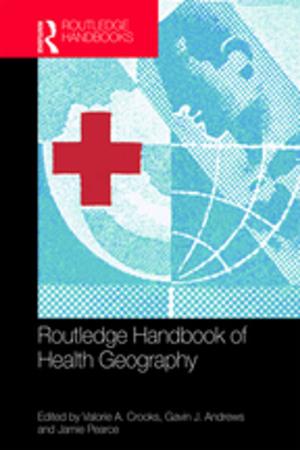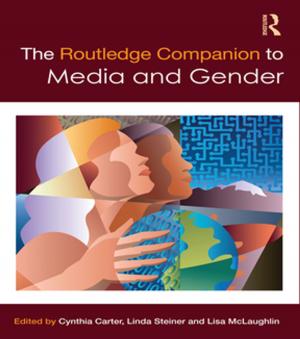The Routledge International Handbook of Life-Course Criminology
Nonfiction, Social & Cultural Studies, Social Science, Crimes & Criminals, Criminology| Author: | ISBN: | 9781317603009 | |
| Publisher: | Taylor and Francis | Publication: | March 16, 2017 |
| Imprint: | Routledge | Language: | English |
| Author: | |
| ISBN: | 9781317603009 |
| Publisher: | Taylor and Francis |
| Publication: | March 16, 2017 |
| Imprint: | Routledge |
| Language: | English |
Since its introduction in the latter half of the 1980s, the meticulous study of distinct criminal career dimensions, like onset, frequency, and crime mix, has yielded a wealth of information on the way crime develops over the life-span. Policymakers in turn have used this information in their efforts to tailor criminal justice interventions to be both effective and efficient. Life-course criminology studies the ways in which the criminal career is embedded in the totality of the individual life-course and seeks to clarify the causal mechanisms governing this process.
The Routledge International Handbook of Life-Course Criminology provides an authoritative collection of international theoretical and empirical research into the way that criminal behavior develops over the life-span, which causal mechanisms are involved in shaping this development, and to what degree criminal justice interventions are successful in redirecting offenders’ criminal trajectories. Drawing upon qualitative and quantitative research this handbook covers theory, describes and compares criminal career patterns across different countries, tests current explanations of criminal development, and using cutting-edge methods, assesses the intended and unintended effects of formal interventions.
This book is the first of its kind to offer a comprehensive overview of state-of-the-art developments in criminal career and life-course research, providing unique perspectives and exclusive local knowledge from over 50 international scholars. This book is an ideal companion for teachers and researchers engaged in the field of developmental and life-course criminology.
Since its introduction in the latter half of the 1980s, the meticulous study of distinct criminal career dimensions, like onset, frequency, and crime mix, has yielded a wealth of information on the way crime develops over the life-span. Policymakers in turn have used this information in their efforts to tailor criminal justice interventions to be both effective and efficient. Life-course criminology studies the ways in which the criminal career is embedded in the totality of the individual life-course and seeks to clarify the causal mechanisms governing this process.
The Routledge International Handbook of Life-Course Criminology provides an authoritative collection of international theoretical and empirical research into the way that criminal behavior develops over the life-span, which causal mechanisms are involved in shaping this development, and to what degree criminal justice interventions are successful in redirecting offenders’ criminal trajectories. Drawing upon qualitative and quantitative research this handbook covers theory, describes and compares criminal career patterns across different countries, tests current explanations of criminal development, and using cutting-edge methods, assesses the intended and unintended effects of formal interventions.
This book is the first of its kind to offer a comprehensive overview of state-of-the-art developments in criminal career and life-course research, providing unique perspectives and exclusive local knowledge from over 50 international scholars. This book is an ideal companion for teachers and researchers engaged in the field of developmental and life-course criminology.















